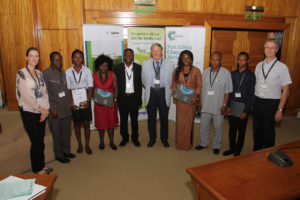We are pleased to welcome nominations for the 2018 Emerging Investigator Lectureship for ChemComm.
All nominations must be received by Monday, 19 February 2018.
ChemComm Emerging Investigator Lectureship
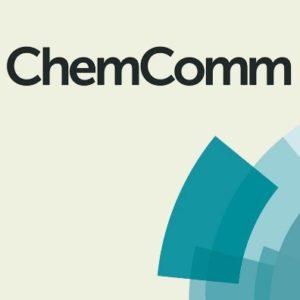 • Recognises emerging scientists in the early stages of their independent academic career.
• Recognises emerging scientists in the early stages of their independent academic career.
• Eligible nominees should have completed their PhD on or after the 15th September 2009.
Lectureship details
• The recipient of the lectureship will be invited to present a lecture at three different locations over a 12-month period, with at least one of these events taking place at an international conference.
• The recipient will receive a contribution of £1500 towards travel and accommodation costs for their lectures, as well as a certificate.
• The recipient will be asked to contribute a review article for the journal.
How to nominate
Self-nomination is not permitted. Nominators must send the following to the editorial team via chemcomm-rsc@rsc.org by Monday, 19 February 2018.
• Recommendation letter, including the name, contact details and website URL of the nominee.
• A one-page CV for the nominee, including a summary of their education, dates of key career achievements, a list of up to five of their top independent publications, total numbers of publications and patents, and other indicators of esteem, together with evidence of career independence.
• A copy of the candidate’s best publication to date (as judged by the nominator).
• Two supporting letters of recommendation from two independent referees. These should not be someone from the same institution or the candidate’s post doc or PhD supervisor.
The nominator and independent referees should comment on the candidate’s presenting skills.
Incomplete nominations or those not adhering to the above requirements will not be considered, and nominees will not be contacted regarding any missing or incorrect documents.
Selection procedure
• The editorial team will screen each nomination for eligibility and draw up a shortlist of candidates based on the nomination documents provided.
• Shortlisted candidates will be asked to provide a brief supporting statement summarising their key achievements, highlighting the impact of their work and justifying why they deserve the specific lectureship for which they have been entered.
• The recipient of the lectureship will then be selected and endorsed by a selection panel composed of members of the ChemComm Editorial Board. The winner will be announced in the first half of 2018.
NB: Please note that members of the selection panel from the ChemComm Editorial Board are not eligible to nominate, or provide references, for this lectureship.
For any queries, please contact the editorial team at chemcomm-rsc@rsc.org.


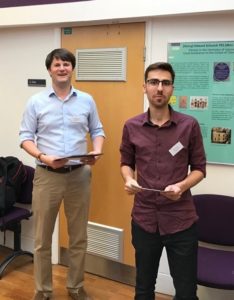









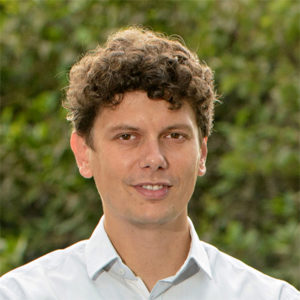
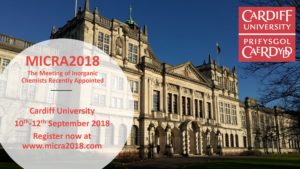
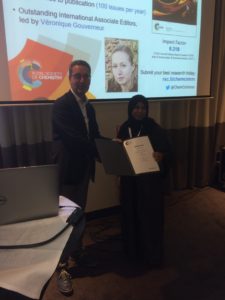
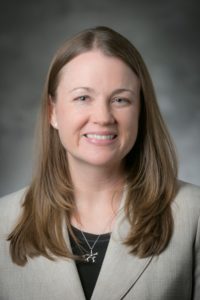
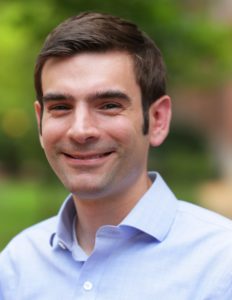
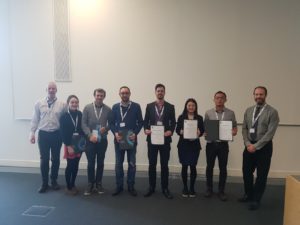
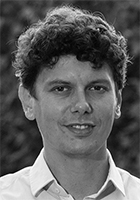 Dr. Rafal Klajn
Dr. Rafal Klajn
